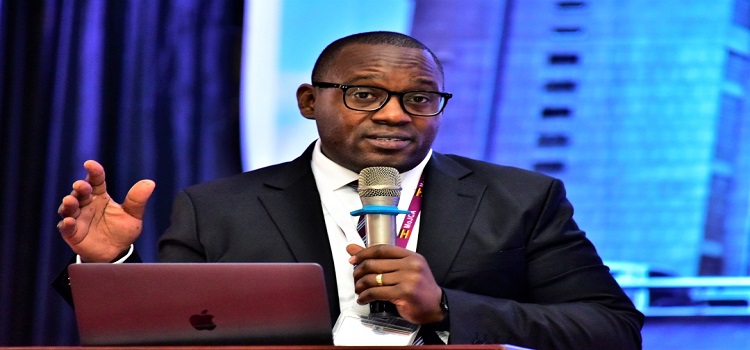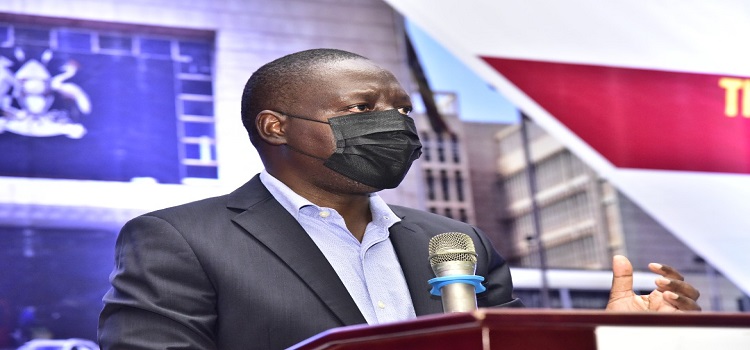Legislators tipped on private members' business

Members of Parliament have been urged to remain active in all House business including plenary and committee meetings so as to get the best out of their tenures.
Former Serere District Woman Representative, Hon. Alice Alaso said a member's performance in Parliament is not based on disbursing goodies to the electorate but rather on parliamentary participation.
"Some members have fear and lack self confidence to speak in public especially during House business yet they ironically spoke the most during campaigns. You must take that strength and utilize during your term because your voters are watching," she said.
Alaso made the remarks while addressing MPs on the third day of their training seminar on parliamentary procedures, practices and processes on Friday, 17 June 2022.
During her presentation, she tipped legislators of the 11th Parliament on how best to introduce motions and petitions, present questions for oral answer as well as make personal explanations in the House.
Alaso who served as MP in the Seventh, Eighth and Ninth Parliaments urged MPs to work hard in mobilizing the attention of colleagues to matters and leverage issues for national debate.
"The Rules of Procedure of the 11th Parliament have made an elaborate step by step provision for any interested member to initiate action in order to cause an issue to become known and recorded in Parliament," she added.
She also advised that research, consultations, mentorship, active participation and acquaintance with the Rules of Procedure goes a long way in making private members business efficient.
Alaso observed that MPs often face ‘road blocks’ in pursuing private members business including denial or delay to acquire certificates for Bills, as well dodging of questions posed by members to relevant ministers.
"Government should support MPs to do their role in bringing Bills by issuing certificates of financial implication," she added.

The Deputy Solicitor General, Pius Biribonwoha, highlighted best ways through which Members of Parliament can bring private members Bills to the House.
He said there are provisions for a private members Bill to be afforded reasonable support by the government department affected by the Bill in accordance with Article 94(4)(c) of the Constitution.
"The Constitution states that, ‘the Office of the Attorney General shall, upon request, afford the member moving the private members Bill professional assistance in drafting of the Bill’," he said.
He also cited Rule 121 of the Rules of Procedure that mandates the Clerk to Parliament, where necessary, to afford the member, professional assistance in drafting the Bill.
Biribonwoha reiterated the importance of the issuance of a certificate of financial implication which ought to be issued by the Finance Minister within 60 days.
"Where the certificate is not issued within the time prescribed, then the certificate is presumed to have been issued by operation of law infer section 76(4) of the Public Finance Management Act and Rule 118(4) of the Rules of Procedure" he added.
Biribonwoha noted that both government and private members Bills cannot derogate from human rights and freedoms as per Rule 127 and cannot promote a one party state under Rule 126.

The Minister of State for Trade, Hon. David Bahati gave his experiences of presenting private members bills saying conviction by the member to push the Bill forward is key for its success.
He also advised MPs to always mobilize support for their motions from colleagues, so as to enable a wide impact of their work.
"You must identify a motion where you can get support from both sides of the House. You must by all means never accept to be used by anyone outside Parliament to support their interests through a Bill," Bahati said.
